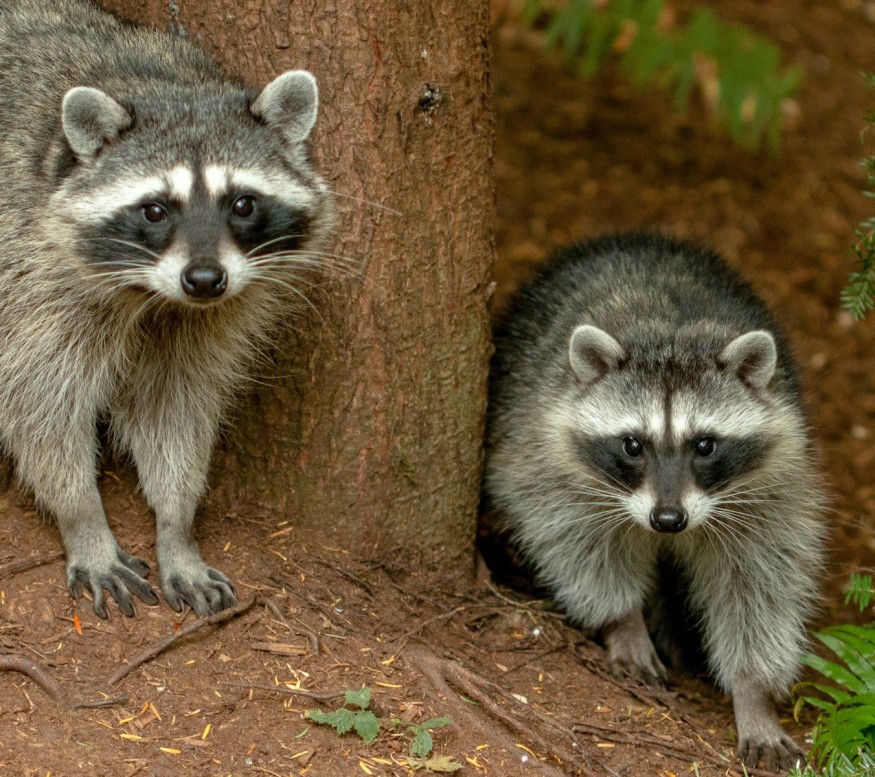Raccoons that escaped from an enclosure in the city of Sunderland in England, United Kingdom, before Christmas of 2023 were thought to have gone into the wild for good. However, two out of the three escapee raccoons, named Rocket and Pinch, eventually returned last week after being tempted by hot dogs at the site of their captivity. Their companion Meeko remains at large even now.
The raccoons are in captivity at Sunderland Training and Education Farm, where a trespasser last December entered its premises and let the wild animals out. Before the return and re-capture of Rocket and Pinch, volunteers from the Raccoon Rescue UK group were searching for the raccoons since before Christmas by using humane traps that resemble a smaller version of a dog crate.
Escapee Raccoons Return for Hot Dogs

The escapee raccoons Rocket and Pinch showed at up again at the Sunderland enclosure on Thursday evening, January 25. They were able to get food by adjusting the trap above and accessing their snack from below, according to the group that was outsmarted by the duo last week.
But things turned out different on Friday, January 26, when the animals were caught red-handed by the rescue team.
Aside from hot dogs, the crate door trap consists of different foods laid by the group, including fruits, kibble, and nuts, according to local reports. The trap is set up by placing a portion of food at one end with a trigger pad in the middle, a common trap mechanism, that when pressed, closes the crate door.
Meanwhile, the search for Meeko continues as of the time of reporting on Tuesday, January 30.
Do Raccoons Like Human Food?
Some wild animals and even domesticated pets are known for enjoying the cooked or packed food of humans. In the case of raccoons, they are omnivorous which means they eat both plants and other small animals. However, these furry animals have been documented multiple times to eat human food, ranging from junk foods and even leftovers in garbage, which do not fulfill their nutritional needs.
Despite engaging in their unnatural diet of eating human food, multiple reports show that with the right food and proper care, a raccoon's health can be boosted and even surpass their average lifespan in the wild. The common causes of their deaths are road accidents, diseases, and among others.
Can Raccoons Live in Captivity?
Wild raccoons are known for being fast when climbing trees and running, as well as stealing food from humans.
Despite their seemingly adventurous activities, the life expectancy of raccoons in the wild is only 2 to 3 years with up to a maximum of 5 years. Yet, wildlife experts assert that raccoons can live for more than a decade while in captivity, where sufficient food and shelter are provided.
The raccoon (Procyon lotor) is native to North America and they have presence across the United States. They can also be found in parts of Canada, Mexico, and northern regions of South America. During the 20th century, raccoons were introduced globally, according to the not-for-profit organization PBS.
© 2025 NatureWorldNews.com All rights reserved. Do not reproduce without permission.





